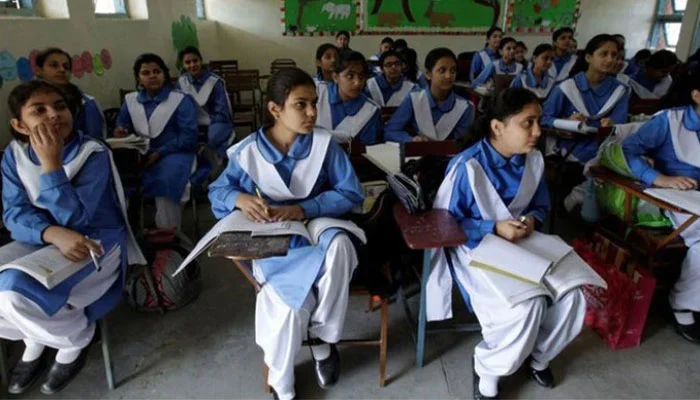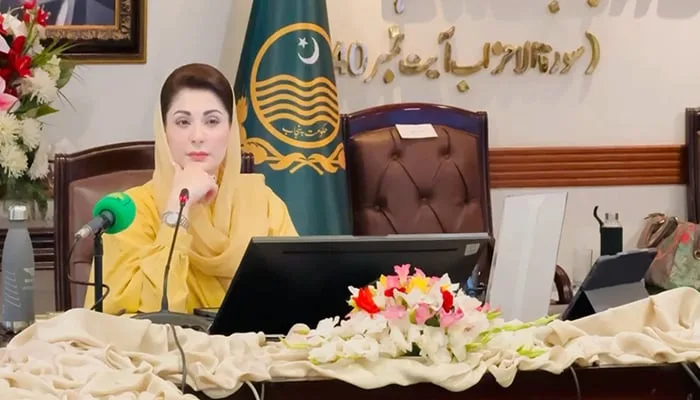The Sindh High Court (SHC) has recently issued notices to the Attorney General of Pakistan and other respondents after a petition challenged the 40% tax on sanitary napkins. The case has sparked national attention, as it raises crucial questions about women’s health rights, accessibility, and the government’s taxation policies.
Background of the Petition
The petition was filed by Alisha Shabbir, who argued that the government’s heavy taxation on raw materials used in manufacturing sanitary napkins has made these products unaffordable for millions of women and girls across Pakistan. She emphasized that sanitary napkins are a basic health necessity, not a luxury item. The petitioner urged the court to recognize menstrual hygiene products as essential goods deserving of tax exemptions.
A two-member bench, comprising Justice Adnan Iqbal Chaudhry and Justice Jafar Raza, heard the case and directed all parties to submit their responses within two weeks. The court’s decision to issue notices marks the beginning of what could be a landmark case for women’s rights and health accessibility in Pakistan.
The Constitutional Perspective
In her petition, Alisha Shabbir referred to Articles 9 and 14 of the Constitution of Pakistan, which guarantee the right to life and dignity to every citizen. She argued that the government’s taxation policy indirectly violates these rights by making essential menstrual hygiene products inaccessible to many women, particularly those from low-income households.
By placing sanitary napkins under the “non-essential” category and applying a 40% tax, the government has effectively created a barrier to menstrual health and hygiene. The petition seeks to reclassify sanitary napkins as essential items and exempt them from the Sales Tax Act 1990, ensuring that women have affordable access to these necessities.
Economic Burden and Gender Inequality
The 40% tax on sanitary napkins has far-reaching social and economic consequences. For many women, especially those living in rural and low-income areas, this tax means they must resort to unsafe alternatives such as cloth or paper. Such practices can lead to infections and serious health risks.
The petitioner pointed out that the heavy taxation reflects a gender-insensitive policy, as it fails to consider the biological needs of half the population. While items like shaving products for men often enjoy lower tax rates, menstrual hygiene products continue to be heavily taxed, perpetuating gender inequality.
Proposed Reforms and Policy Suggestions
The petition recommends that sanitary napkins and their raw materials be included in the Eighth Schedule of the Sales Tax Act. This step would ensure that any tax relief granted to manufacturers directly benefits consumers by lowering retail prices.
Furthermore, the petitioner suggested that Pakistan should follow the example of countries that have eliminated or reduced taxes on menstrual hygiene products, commonly referred to as the “tampon tax.” Nations like India, Kenya, and Canada have already recognized these products as essential, and removing taxes has significantly improved access for women in those countries.
Public and Legal Reactions
The SHC’s decision to take up this petition has been widely welcomed by women’s rights advocates and health organizations. Many see it as a critical step toward addressing menstrual poverty in Pakistan. Advocates argue that taxing sanitary napkins at such a high rate not only discourages their use but also reflects a broader lack of awareness about menstrual health.
Legal experts also highlight that this case could set a precedent for future health-related taxation policies. If the court rules in favor of the petitioner, it may push lawmakers to reassess tax structures on all essential health products, especially those affecting women.
The Sindh High Court has given all respondents, including the Attorney General, two weeks to submit their replies. The outcome of this case could influence national policy on women’s health and taxation. It could also encourage the government to re-evaluate how essential items are classified under the Sales Tax Act.
If the court sides with the petitioner, it would not only lead to a reduction or removal of the tax on sanitary napkins but could also signal a broader shift toward more gender-inclusive policymaking. This move would align Pakistan with global efforts to make menstrual hygiene products affordable and accessible for all.
The SHC’s intervention in the 40% tax on sanitary napkins case highlights a significant issue that affects millions of women in Pakistan. Recognizing menstrual hygiene as a basic right is essential for ensuring gender equality, public health, and human dignity.
By revisiting its taxation policies and categorizing sanitary napkins as essential items, the government has an opportunity to take a historic step toward empowering women and promoting menstrual health awareness nationwide. The coming weeks will determine whether Pakistan moves closer to fairness and inclusivity in its public health and fiscal policies.



